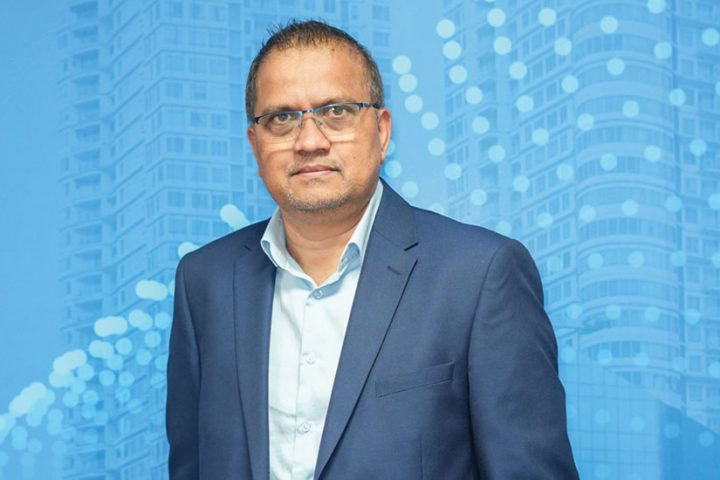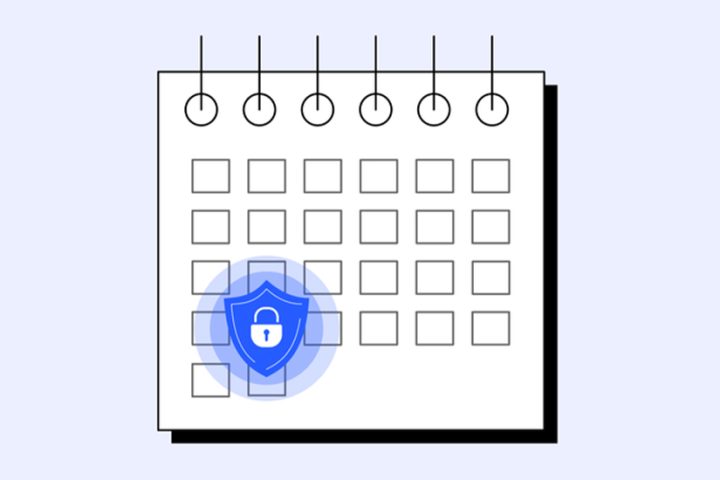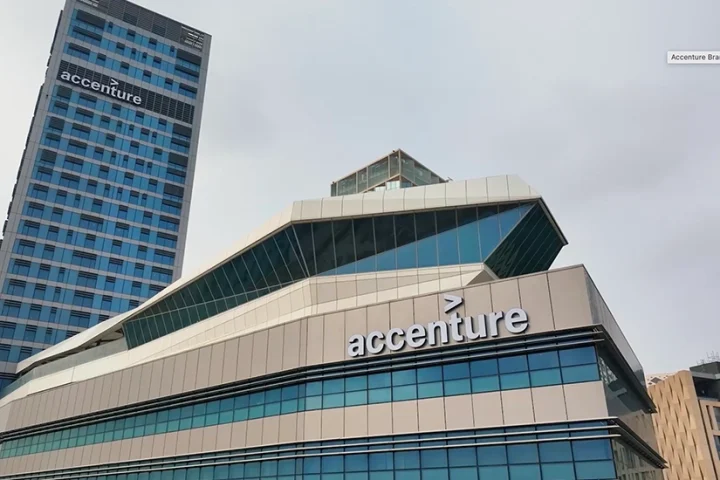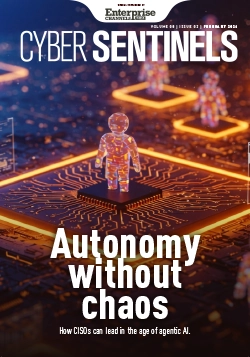There are a vast number of cybersecurity products and solutions in the market that perform specific functions and can protect against certain threats. A majority of these products may introduce complexities in terms of integration – as an ideal cybersecurity solution would cover the end-to-end stack of cybersecurity requirements.
Aiming to fully integrate these solutions across the organisation would enable a holistic view and help protect against more complex cyber threats. Some cybersecurity vendors have identified these limitations and are building out their cybersecurity solutions across the organisation and technology stack.
Over the past years, there has been a rapid evolution in technology. Its usage within businesses to build new channels of digital transactions has potentially increased the exposure to cyber attackers as well as malicious insiders. CISOs are struggling to find resources to handle the daily and constant barrage of cyber events.
In the current to near future, artificial intelligence innovation will likely be, a big driver for the cybersecurity industry. AI makes use of advanced algorithms to help identify malicious attacks based on the behaviors of applications and the behavior of the network.
In the distant future, quantum computing may play a big role in the cybersecurity industry, as it can easily break current security protocols, meaning there may be a need for newer and more advanced security technologies.
AI-driven cybersecurity solutions may allow for analysis of much larger volumes of information across organisations’ networks, emails, files, and websites in a smaller fraction of the time required by humans. The AI engine can also learn over time, which means it is capable of understanding a network’s regular traffic and behaviors and spot deviations from the norm.
Where these activities were previously performed by the security team, instead of focusing on finding threats, the security team can focus on responding to incidents.
Future skill sets
In order to keep up with the rapid digitisation of businesses and the constant evolving cyber threats, the next generation of cybersecurity professionals may require a combination of both technical skills and soft skills.
Technical skills would cover a broad range of specialisations across IT infrastructure, software development, architecture, and databases.
Soft skills are also important as they define the personal attributes of an individual, such as business understanding, leadership, communication, analytical thinking, collaborative, and writing skills.
Product suite
For KPMG, the solutions are agnostic. KPMG advises clients on the products and solutions that best suit their requirements. KPMG Cyber Security has four service lines to help organisations build their desired cyber capabilities
- Strategy and governance to predict cyber risks.
- Transformation to implement adequate cyber security controls and prevent cyber incidents.
- Cyber defense to detect cyber security incidents in a timely manner.
- Cyber response to contain and eradicate cyber security incidents.

























